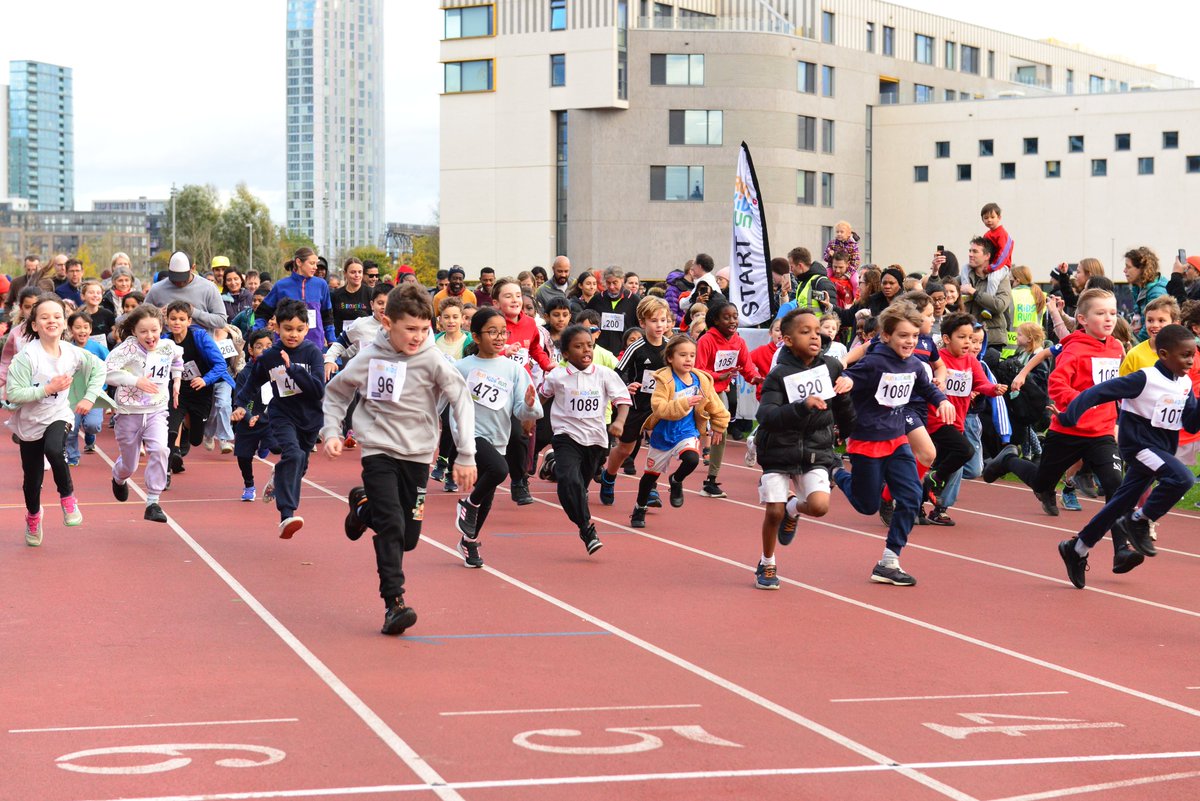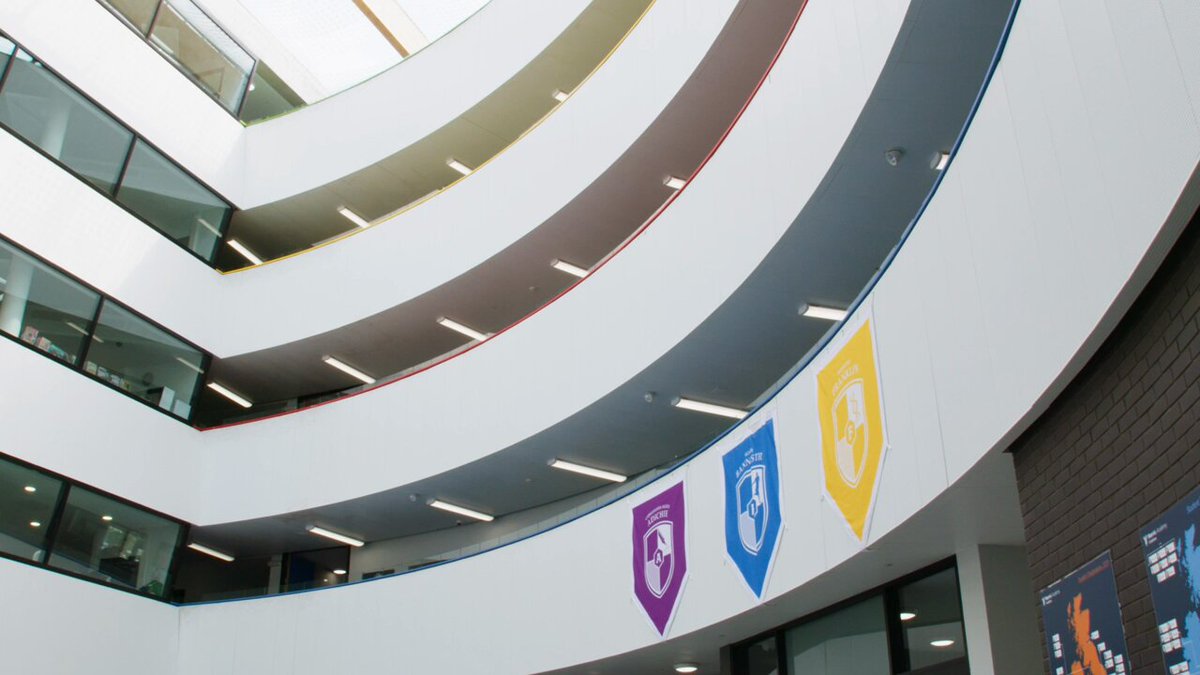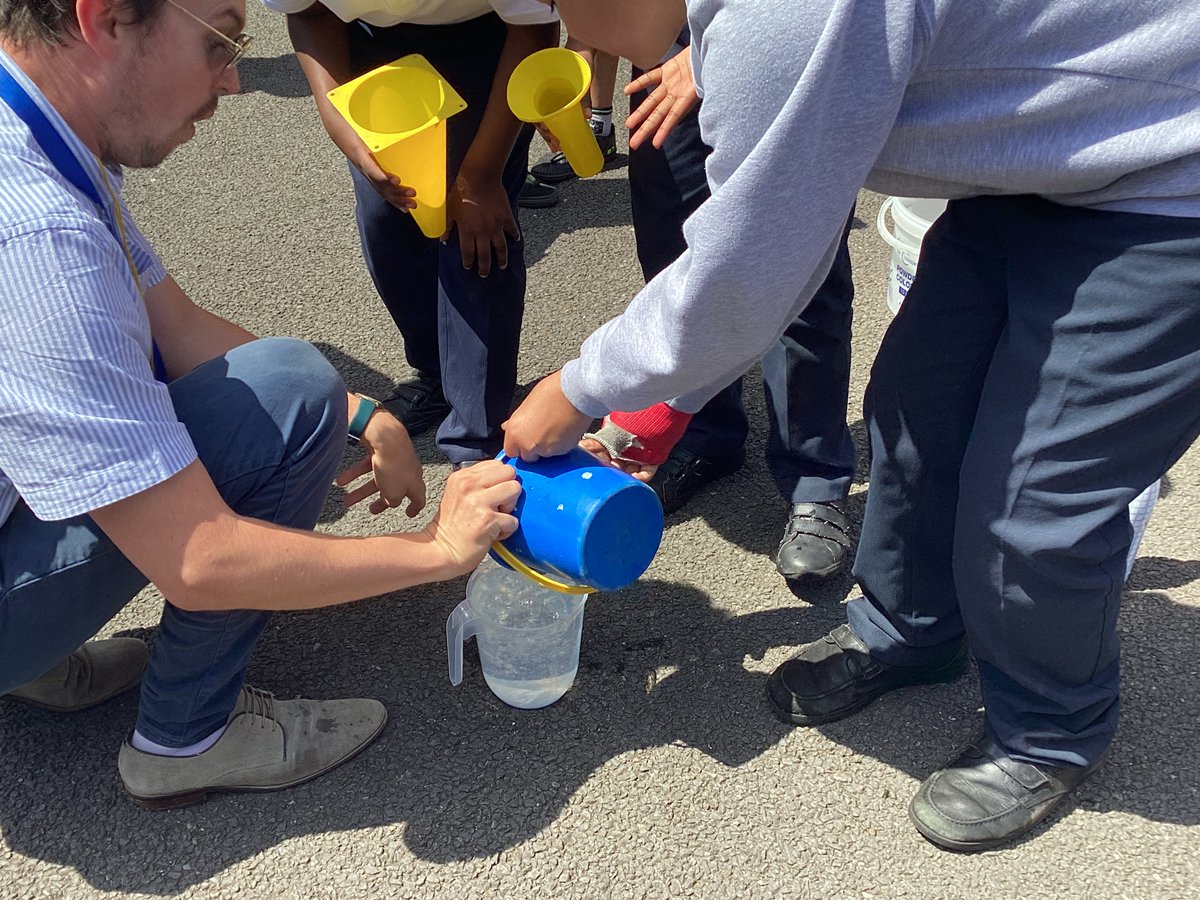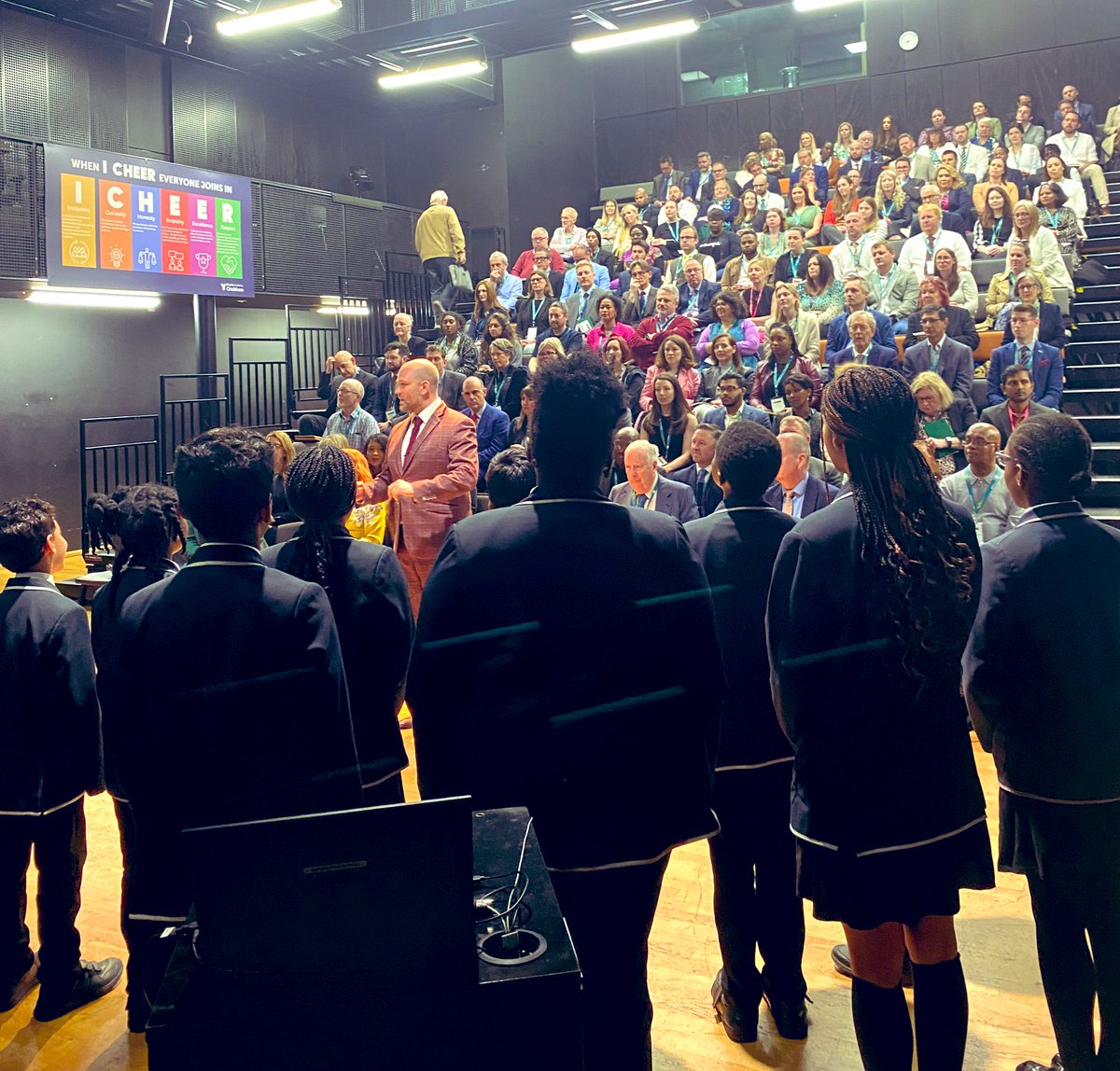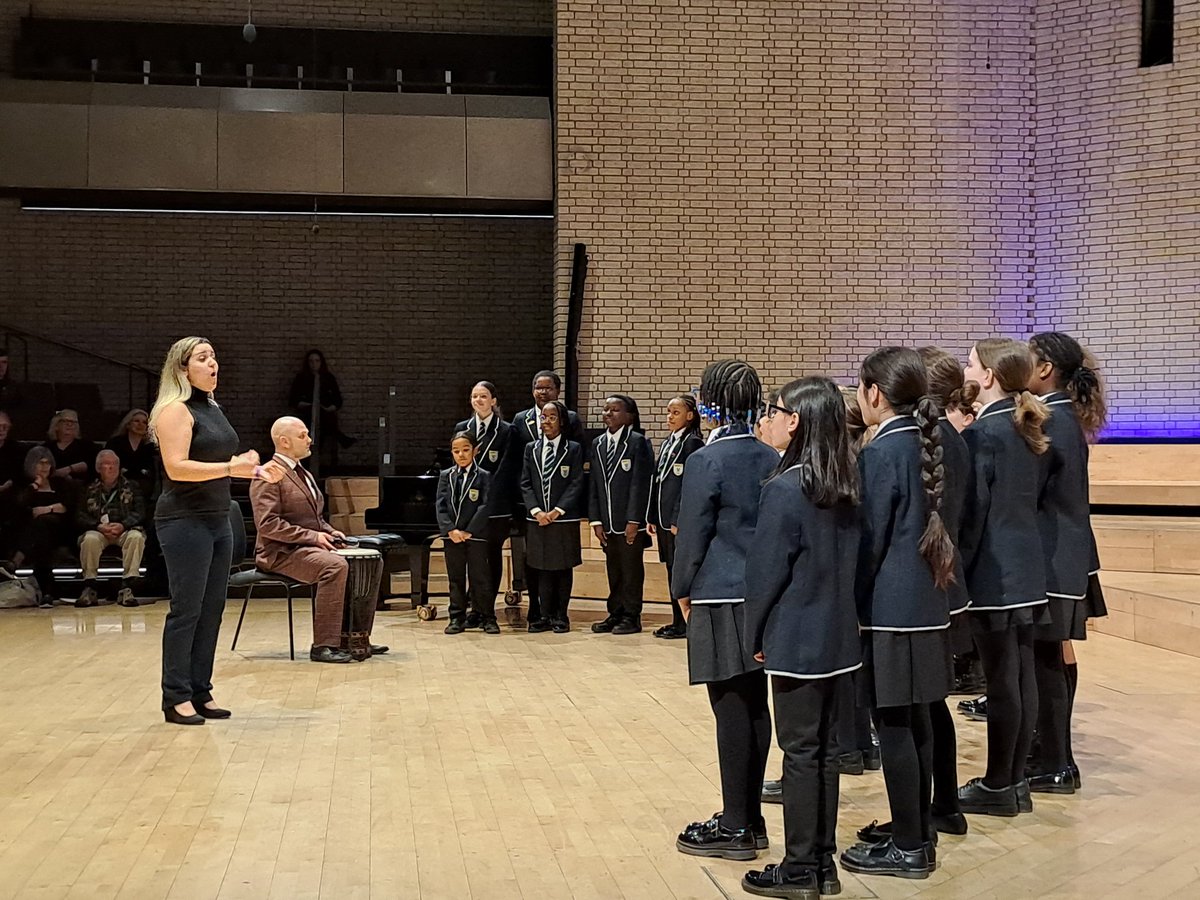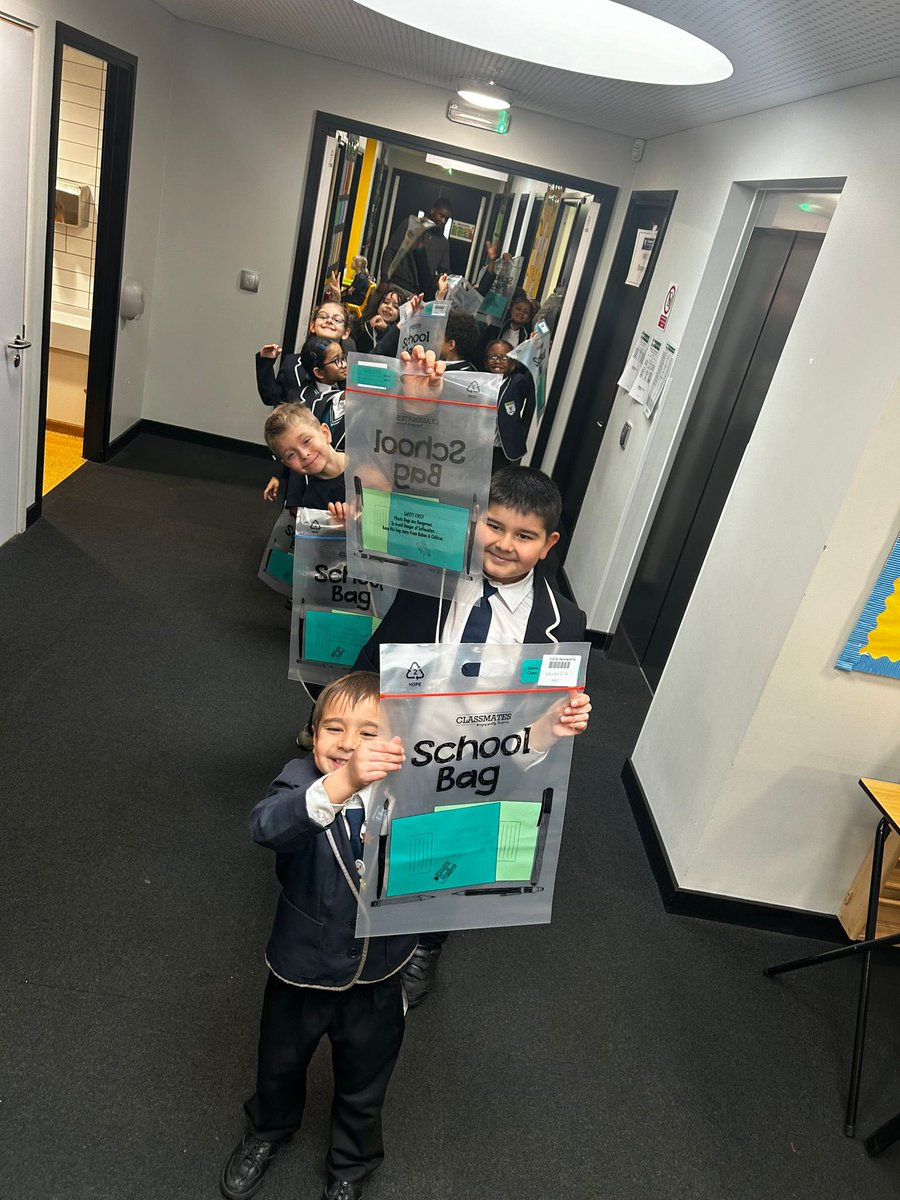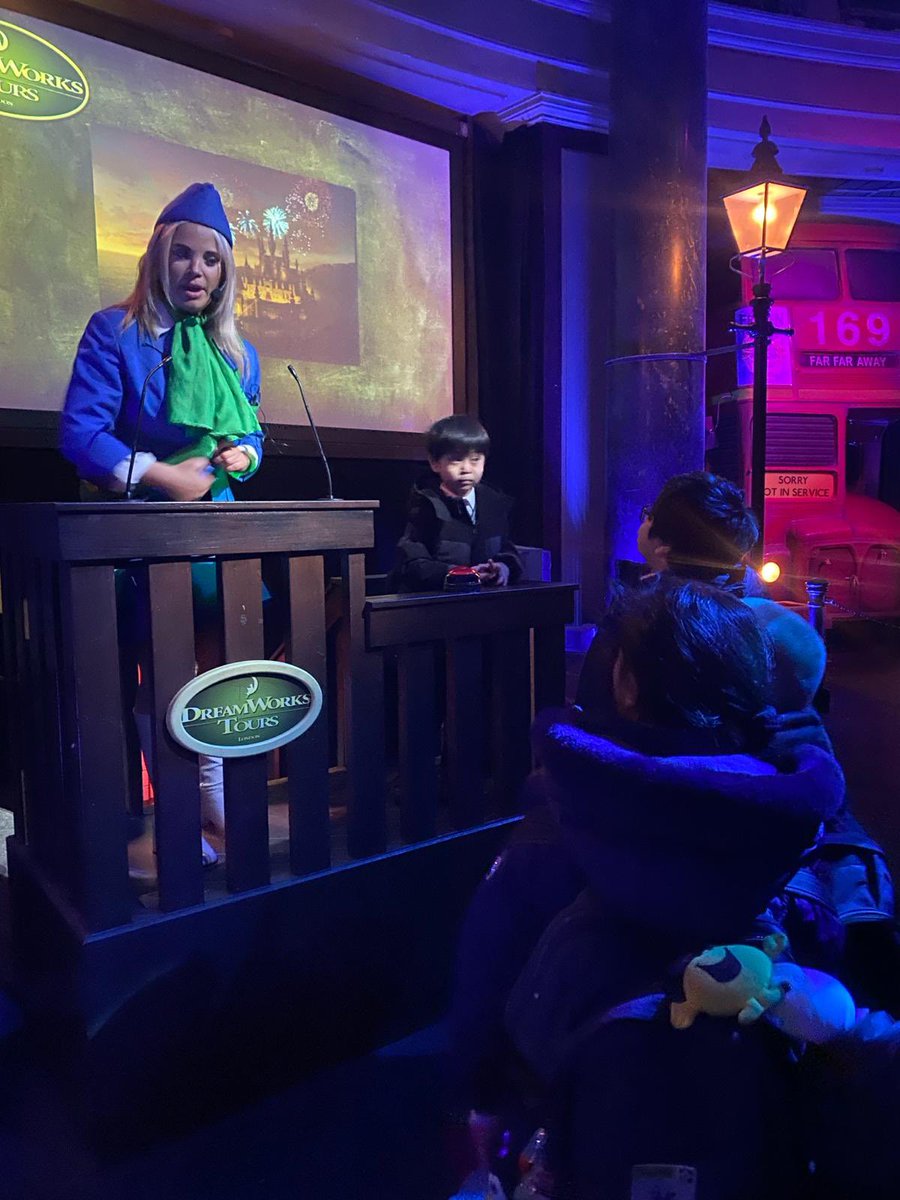Reception
Our Mission
At Chobham Academy:
“Children need the freedom and time to play. Play is not a luxury. Play is a necessity.” Kay Redfield Jamison
We seek to promote a stimulating and caring learning environment, where children are encouraged to reach their full potential. This is achieved through a broad and balanced curriculum, which has at its heart personal interests and learning styles of each individual child in our care. Through the curriculum we aim to raise the children's awareness of the world around them and to show concern for its people, their ways of thinking and living and for its resources. This solid foundation will be built upon to prepare children for the experiences and responsibilities they will meet throughout their lives. Chobham values the partnership of home, school and community as it is through this partnership that the best interests of the children will be served. Our children will, therefore, see their school as part of a wider community in which they are valued members. 
Aims
· To enable pupils to develop lively, enquiring minds, the ability to question and argue rationally and to apply themselves to tasks and physical challenges.
· To help children to acquire the knowledge, skills, concepts and behaviour necessary for them to develop intellectually, socially, physically, emotionally and spiritually
· To instil respect for religious and moral values, and tolerance of other races, religions and ways of life.
· To enable pupils to use language, mathematics and ICT effectively.
· To foster strong links between home, school and the community to meet the needs of the children.
· To provide a secure environment in which children can develop successful relationships with both adults and peers.
· To ensure all children regardless of sex, religion or race have equal opportunities within the curriculum.
· To provide opportunities for children to develop an aesthetic awareness.
Intent
At Harris Chobham Academy, we offer a balance of child-initiated and adult-led learning. Alongside this, play-based opportunities for the children are carefully prepared which enable them to make accelerated progress across the seven areas of learning, from typically low starting points.
Our curriculum is carefully planned and sequenced using the new Development Matters (2021) non-statutory guidance, building on children’s prior learning, and their experiences at home. We recognise that every child is unique, and we embrace this. Our learning is led by the children’s interests and our planning complements this. We work closely with parents and carers to provide positive and engaging learning opportunities and encourage ‘in the moment’ learning.
We ensure that our indoor and outdoor learning provision inspires children to explore, investigate and challenge themselves across all areas of learning.
We are acutely aware of the typically low starting point when children join us in Reception. As a result, we ensure that there is a strong focus on ensuring that all children are exposed to a wide vocabulary through high-quality adult interactions. As part of this, we recognise the importance of early reading and phonics awareness as the foundation for future learning. Our EYFS staff are expert at teaching systematic synthetic phonics using the Read Write Inc. programme. Staff ensure that all children have carefully matched phonics reading books to take home.
We want to provide all children with every opportunity to fulfil their potential and work on reaching the Early Learning Goals at the end of the year. This means that children need to make excellent progress from their initial starting points. To achieve this, we have established an environment which is nurturing, full of interesting and challenging activities in which learning can take place and where children are given opportunities to practise, revise and extend knowledge and skills in a consistent and stable environment.
We believe that we must build strong foundations rooted in academic success, as well as moral and social development, so that all children can be successful in life, as active, global citizens. We place great emphasis on the development of children as individuals and providing them with skills, knowledge and understanding they need to prepare for their journey as life-long learners.
Implementation
At Harris Chobham Academy, we were an ‘early adopter’ school for the new Early Years framework. The framework sets out the requirements for learning and development within EYFS and focuses on prime and specific areas:
-
Personal, Social and Emotional Development
-
Communication and Language
-
Physical Development
-
Literacy
-
Mathematics
-
Understanding the World
-
Expressive Arts and Design
These areas are used in our planning for the children’s learning and their activities. Planning is flexible to meet the needs and interests of the children. We always encourage active learning and aim to develop the effective characteristics of learning:
-
Playing and Exploring
-
Active Learning
-
Creating and Thinking Critically
The characteristics of effective learning are a key element in EYFS. They detail the way in which children learn from their environment, experience and activities. The curriculum is implemented on a topic-based approach which has been planned to meet the needs of all children. This approach allows children to make links between the different areas of learning and use these skills across different contexts, to scaffold and deepen understanding.
The learning environments, inside and out, support and develop all 7 areas of learning and development. The environments are language rich and support children to learn new vocabulary and extend their linguistic skills. Reading is at the heart of our EYFS curriculum, with high quality core texts at the centre of each half terms planning. A mastery approach to maths is embedded in reception to allow a smooth transition to KS1. Early identification of SEND allows rapid interventions to be planned so that all children are able to make excellent progress from their starting points. Throughout the year we celebrate national days importance and religious festivals.
The children engage in independent learning activities and adult-focused group work. We use questioning and ‘Every Child a Talker’ (ECAT) to support children to explore the world around them. This enables them to develop their independence, creativity and resilience. Our children are given opportunities to display and demonstrate these characteristics in an age-appropriate way. They demonstrate their positive attitudes to learning through high levels of curiosity, concentration and enjoyment in the inviting and stimulating indoor and outdoor environment. In addition, we enhance this through weekly Nature/Nurture visits to the forest setting on site.
EYFS staff create an environment that supports the intent of an ambitious, coherently planned and sequenced curriculum to meet the needs of the children. EYFS staff use ‘Evidence Me’ to record observations, which are shared online with parents on a regular basis.
The timetable is carefully structured so that children have rigorous directed teaching in Literacy, Mathematics and phonics alongside regular circle time sessions to focus on PSED. These sessions are followed by group work where children work with a member of staff to develop their individual targets.
Despite our children’s low starting point, our expectations remain high. Subsequently, we plan opportunities for challenge. For Literacy and Mathematics there is a challenge task. There is a focus on ensuring our children acquire a wide vocabulary by staff using the ECAT skills. Daily teaching of Read Write Inc. focuses on securing a knowledge of phonics in preparation for the children to become confident and fluent readers.
Reading is at the heart of our curriculum. Children follow the Read Write Inc. programme so that they achieve good outcomes for reading with almost all children passing the Year 1 phonics screening. Staff ensure the children practise their reading using books that match their phonics knowledge. There is a focus on ensuring the children develop a love of books and reading for pleasure. Reading opportunities are wide across all areas of the setting and achievements are celebrated. Staff read to children in a way that excites and engages them, introducing new ideas, concepts and vocabulary. We use several different approaches to reading, including storytelling, singing, rhyming activities, which are embedded throughout the day. We also ensure that any children who do not get to read with an adult at home, have this opportunity in school. Parents/carers are invited weekly to come and stay and read with us so we maintain the home-school link.
